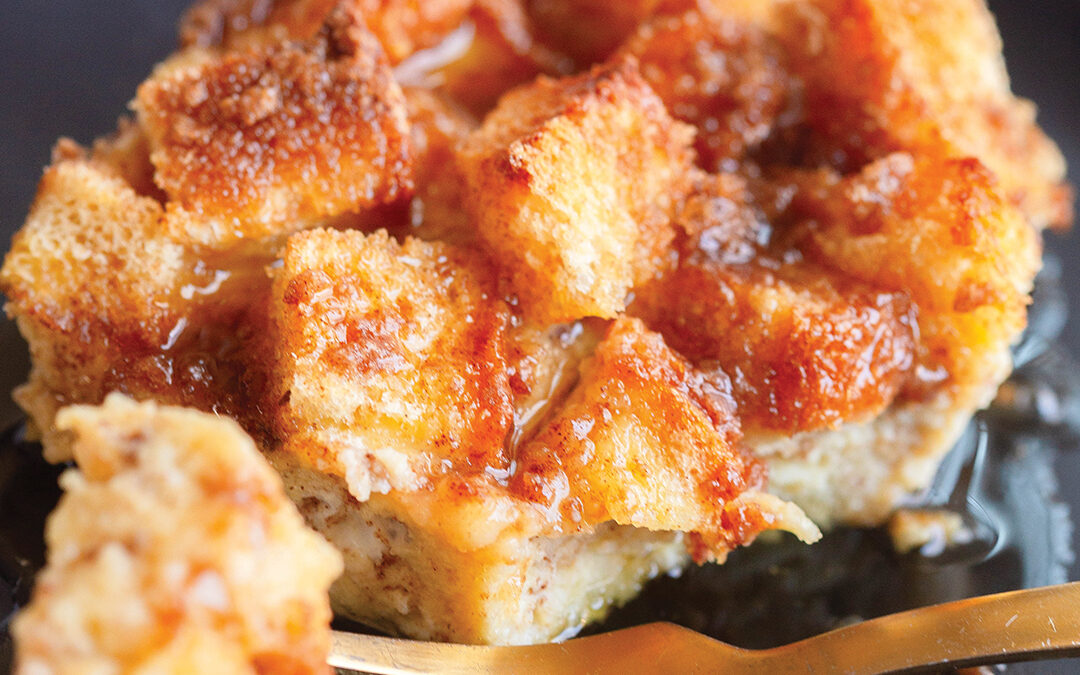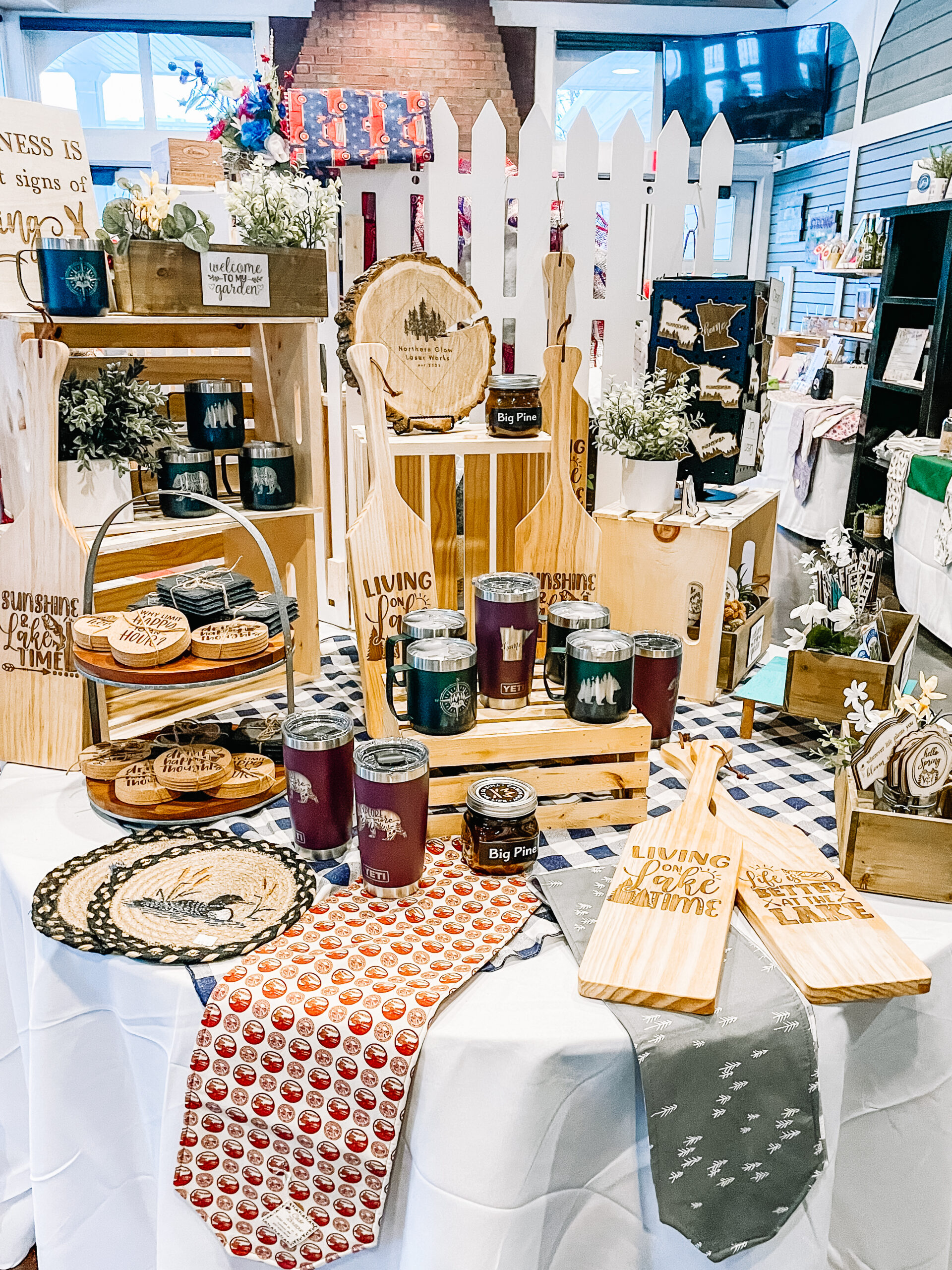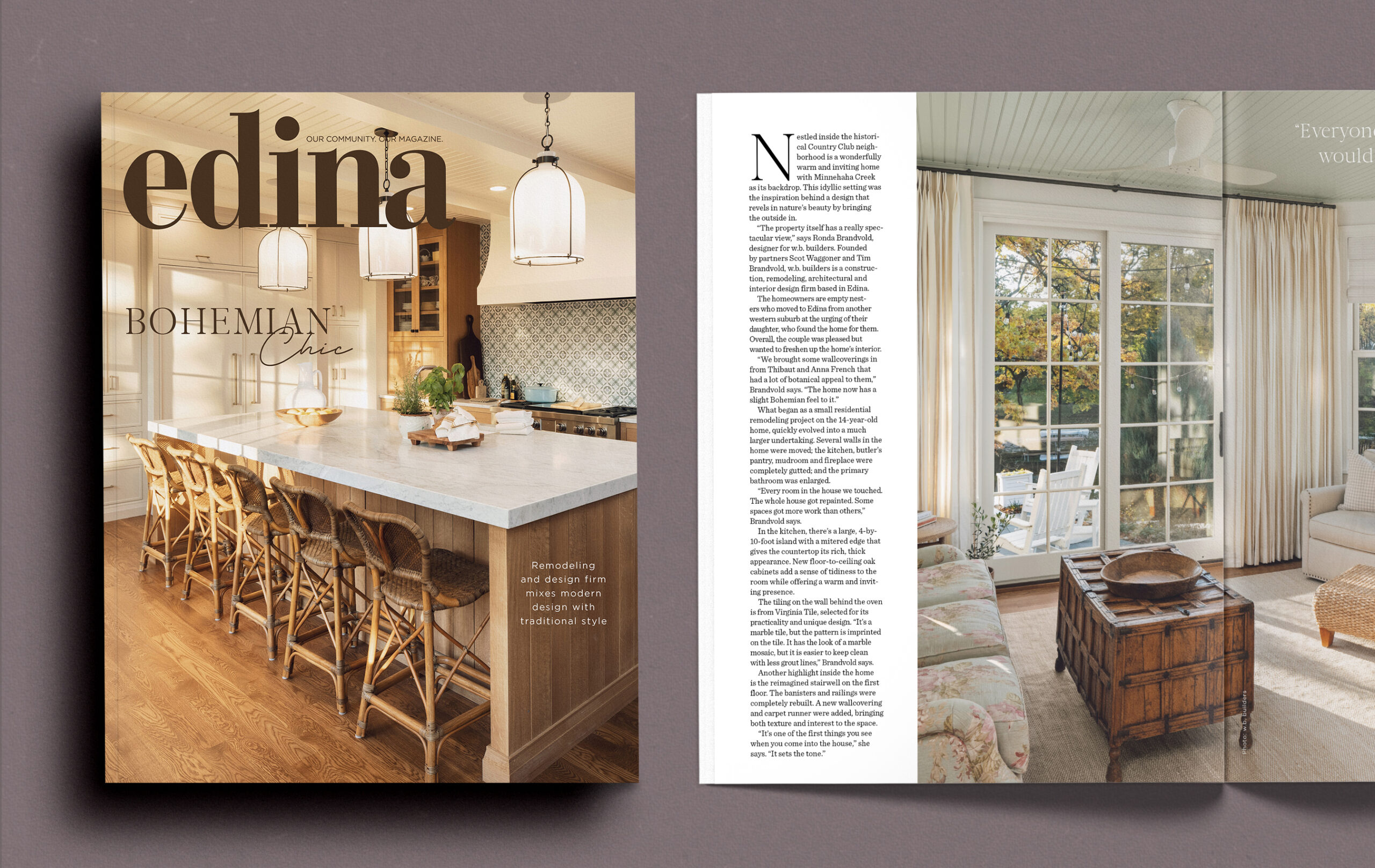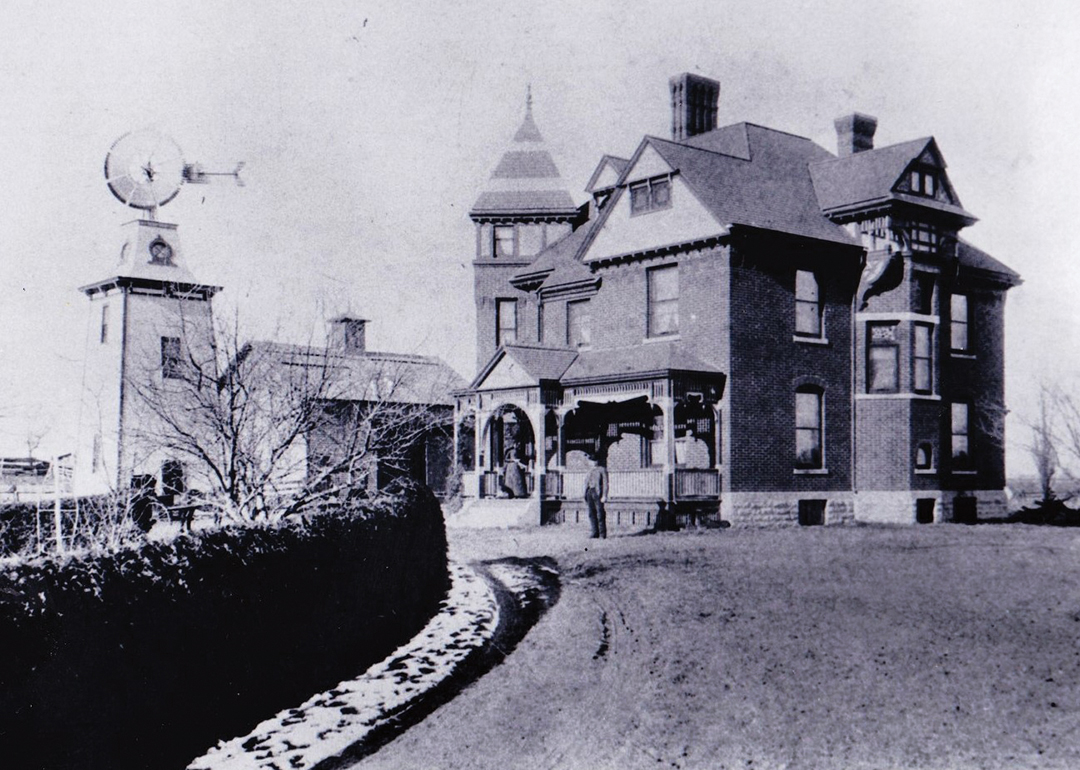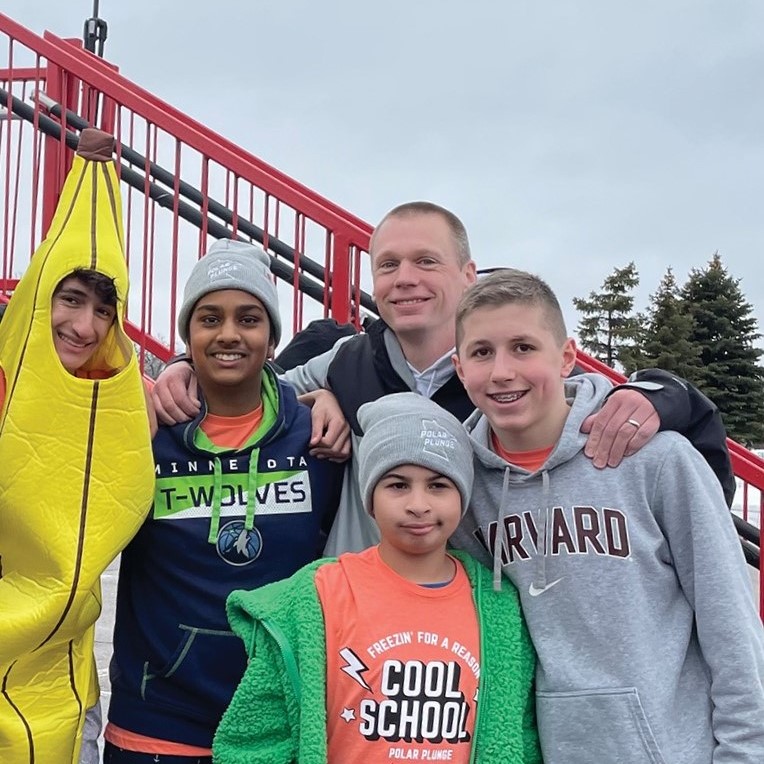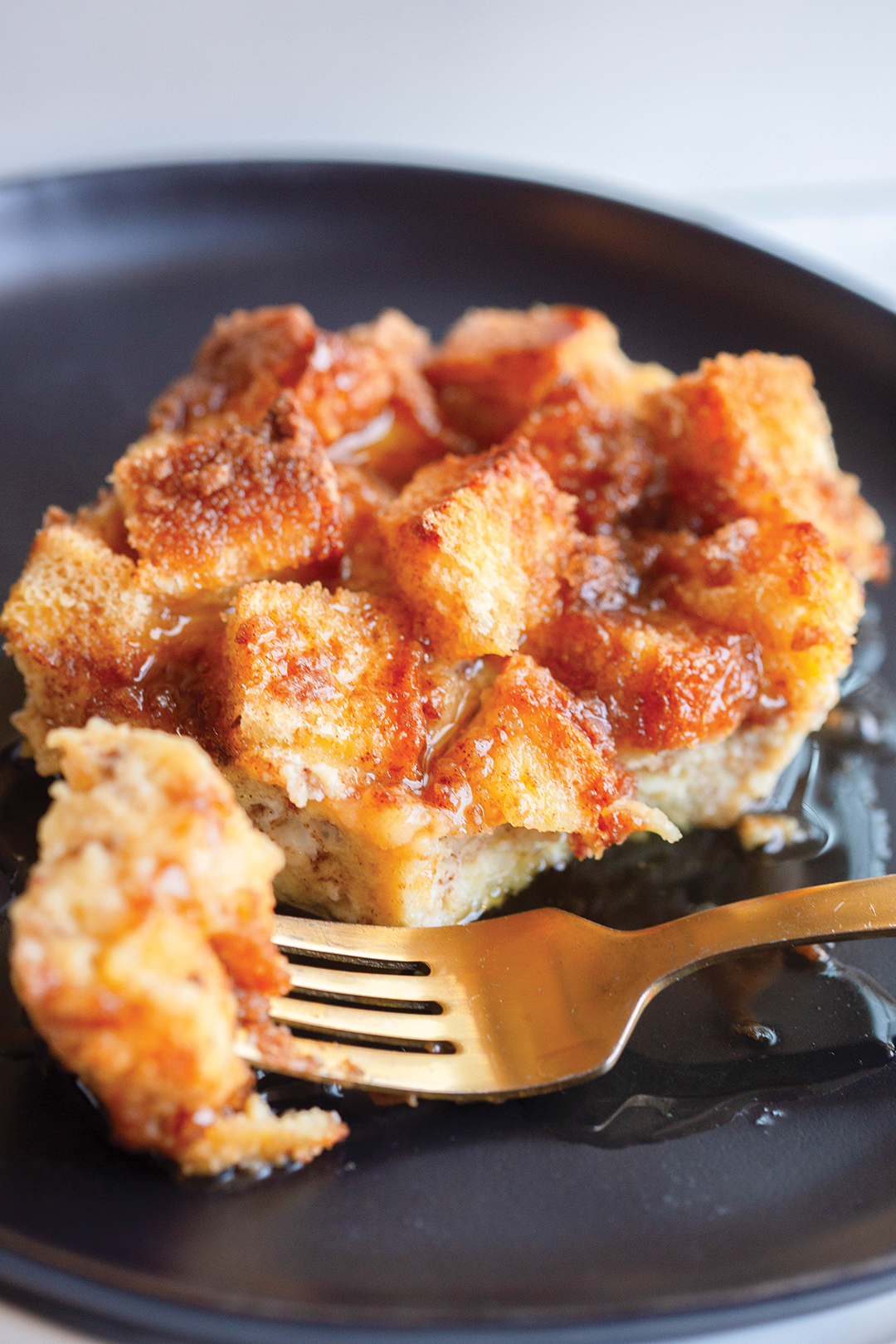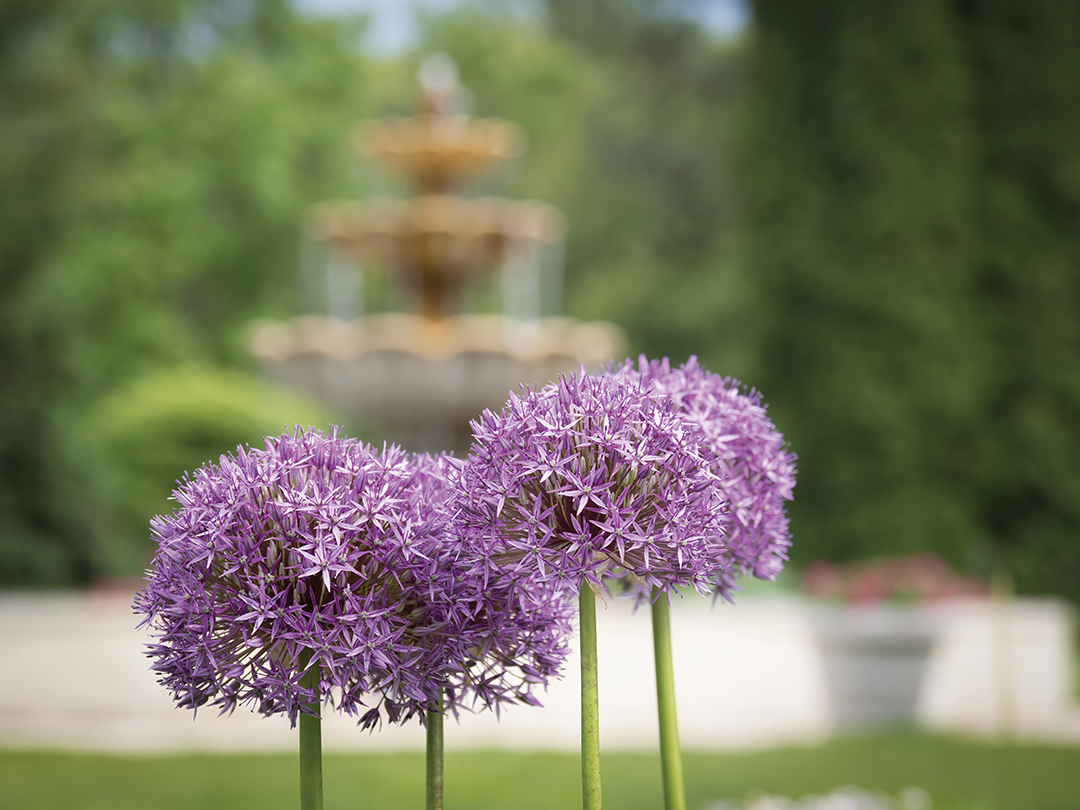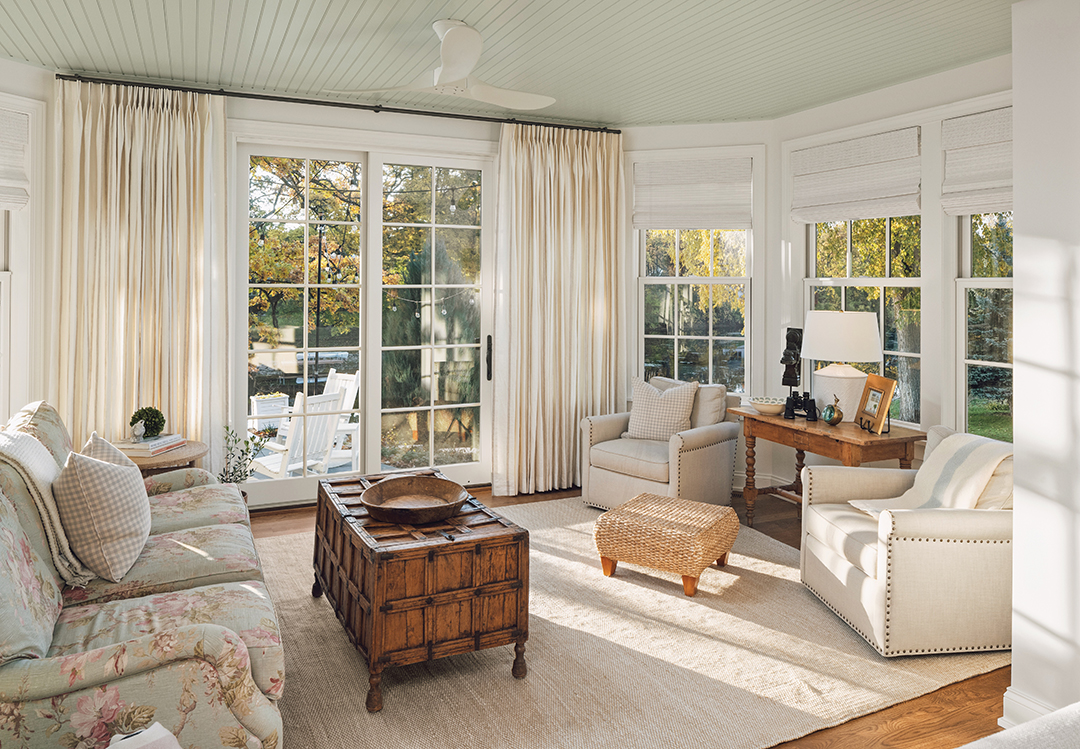
Photo: Emily J. Davis
The Talebi brothers have started a growing restaurant group in Edina.
Brothers Kam and Keyvan Talebi traveled to the United States from Iran in June 1979. But unlike previous summer vacations in America, the boys, ages 9 and 6, never returned home.
The Talebis’ trip happened because their mother, Shahnaz, had advanced-stage breast cancer and needed treatment at the Mayo Clinic in Rochester. Their father, Karim, the chief financial officer of a large power-generation company in Iran, moved the boys here to be near their mother. Meanwhile, back home, Islamic revolutionaries overthrew the government.
“When we came here, we certainly did not think that we were coming here to stay,” Kam Talebi reflects. “We thought that Mom would be seen at the hospital and we would go back at the end of the summer, but here we are, some 30 years later.”
Showing resolve, the Talebis adapted to their new home, learned English, earned college degrees and, in 2007, established Kaskaid Hospitality, an expanding restaurant business that began with Crave in Edina. Now, the Talebis have 10 restaurants in Minnesota, Ohio, Florida and Nebraska.
“It’s incredible,” Keyvan Talebi says. “I look back and we opened our first in the Galleria, I think Kam and I have always been entrepreneurs at heart. We’ve always had drive and ambition and passion for startups. I think when we opened this first one, we certainly had the appetite to grow it. There is no doubt about it.”
Family Focus
The Talebis credit family for their success, down to the name of the business, Kaskaid, which is a reconfigured collection of first initials of family members.
For example, the S is for their mother, Shahnaz. She “is one of the miracle cases,” says Kam Talebi, 44. “She has gone through several relapses, but she has fought through them all. She is an absolute inspiration. She has beaten all the odds.”
K stands for their father, Karim. They admire their father for his integrity, says Keyvan Talebi, 40. “I always valued the fact that it was tough for him to come here. He gave up a great job and a beautiful home to do everything to save my mother. I’ll never forget that. And the love and passion that he had for his family.”
As the Talebi brothers continue to pile up successes at Kaskaid, their roots put things in perspective.
“Every day that goes by, you realize what’s important, in terms of family values and being a strong person,” Kam Talebi says. “Your health and your family are the No. 1 thing you have in this world, and you have to work to appreciate and cherish it every day.”
Iran to America
Before Ayatollah Khomeini led the overthrow of the U.S.-backed shah in 1979, Iran was a Westernized country says Kam Talebi, with a long history, vibrant culture and advanced technology.
Once Khomeini became Iran’s political and religious leader, Islamic law was introduced and he denounced American influence. (The CIA led the 1953 coup that overthrew Iran’s democratically elected Prime Minister Mohammad Mosaddegh and brought Shah Mohammad Reza Pahlavi to power.) Militant Islamic students stormed the U.S. embassy in Tehran in November 1979, months after the Talebis left. Some of the American hostages were held captive for months (an incident that became the subject of Ben Affleck’s recent film Argo).
“We were leaving in the very embryonic stages of the revolution,” Kam Talebi says. “Coming to the States in previous years, Iran was a country that was looked on very positively.”
After the revolution, “Iran and the government took a major shift in the eyes of the U.S. government and U.S. citizens,” he continues. “It was a painful thing as a child to go through it, knowing that it was a great country and a prosperous country. It was sad to see the country overthrown in such a short period of time.”
The Talebis were a family without a home country, so they made a new one.
It was not easy, however.
Karim Talebi took a “monster step back” in his career and became an assembler at Control Data. He did everything to make sure his boys could go to college, Kam Talebi says.
“Over a couple of years, we picked up the language and a new way of life—a better way of life,” Kam Talebi says. “We are certainly happy to be here and [it was] well worth the pain that we went through.”
The transition taught them to battle adversity and adapt to change.
“I think that I’ve lived a life that has been certainly fueled by change and challenges,” Kam Talebi says. “It’s important to react and overcome those and make them opportunities.”
Business Opportunity
After other entrepreneurial endeavors, the Talebis’ more recent challenge was to beat out more than 15 competitors for a restaurant spot in the Galleria in 2006.
Warren Beck, developer of the Galleria, said the Talebis showed character.
“We found them throughout this entire experience, to be true to their word,” Beck says. “They have high integrity and have delivered everything they said they would. We’ve had a strong relationship with them.”
One factor that set the Talebis above their competition was imagination; they created a “light Americana” menu (familiar fare that doesn’t sit heavy in the stomach) to match the Galleria’s target demographic—women.
“That is where they showed creativity and were listening to what the shopper would be interested in having,” Beck says.
The adaptation continued in 2009 when the Talebis renovated the patio at their Galleria location, turning into an enclosed area with windows to open during the summer.
“They saw an opportunity to capture more business and provide a more exciting atmosphere for guests, and they read that well,” Beck says. “It was a significant investment on their part, but it was one that paid off well.”
The first Crave holds a special place in the Talebis’ heart.
“Your first baby is always a precious one,” Kam Talebi says. “The first Crave was a great experience to go through. It was first nailing down a lot of the elements that were fundamental and the foundation of what Crave would be.”
Family Business
In five years, Kaskaid has grown from 100 employees to more than 1,000. And they’re more than just numbers, the Talebis say.
“We run the business as a small family,” Kam Talebi says. “We are close. We are open-door, hand-on and we care about every single employee we have. I think that resonates.”
As the vision grows, the toughest challenge, Keyvan Talebi says, is consistency—the assurance that you are going to get, for instance, the same quality salmon at the Galleria that you would in downtown Minneapolis.
“If we are going to grow this thing and take it to another level, we have to meet the integrity,” Keyvan Talebi says.
It starts with recruitment. “I’ve always said that you are as good as your people,” he says. “We are blessed with having great people and great talent, and that is what allows us to expand our vision.”

